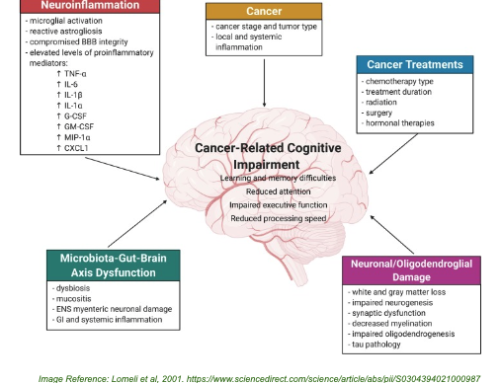Introduction
Mental health problems are common and can affect anyone, regardless of their age or gender. In fact, over 1 in 5 Australian adults will experience a mental illness in any year. So if you know 5 people, the odds are you know someone facing a mental health problem. But if you are like most people, you may feel anxious and uncertain about how to help. Everyone needs to learn these skills but most people are never taught them.
Mental Health First Aid (MHFA) is the help provided to a person who is developing a mental health problem, experiencing a worsening of an existing mental health problem, or in a mental health crisis. Just like physical first aid is provided until medical treatment can be obtained, MHFA is a way of responding until appropriate support is found or until the crisis is resolved.
More than 1 in 5 Australian adults will experience a mental illness in any year.
There are 1.2 million Australians living with a mental illness right now, and that number is increasing every year. In fact, more than half of all Australians will experience a mental health problem in their lifetime.
Unfortunately, there tends to be a lot of stigma surrounding mental health issues—which means that many people who need help don’t get it (or get it too late). Even though mental illness is much more common than you might think, most people still have no idea how to recognise an issue or how to help someone they love, a friend or a co-worker who has been affected by one. Mental Health First Aid teaches you the practical skills and gives you the confidence in how to help and what you need to know in order for these situations to resolve quickly and safely if they do arise (or prevent them from arising altogether).
Mental health problems are more common than you think.
- Mental health problems are more common than you think.
- Mental health problems can affect anyone, regardless of age or gender.
- We all need to be aware of mental health issues and how to respond when it seems like someone we know may be struggling with their mental health.
Mental Health First Aid (MHFA)
MHFA is the help provided to a person who is developing a mental health problem, experiencing a worsening of an existing mental health problem or in a mental health crisis. MHFA is provided until appropriate support is found or until the crisis is resolved.
MHFA aims to equip you with the skills and knowledge you need to recognise, understand and respond to signs of mental illness and substance use disorders for common presentations such as anxiety disorders, depression/mood disorders, psychosis/schizophrenia and suicide or self-harm attempts. What’s more, you’ll be able to actively reduce stigma in your family, workplace or community, by responding appropriately to myths and misunderstandings about mental illness.
MHFA aims to teach you to:
- Listen and respond to someone who is struggling with their mental health, even if they are in a crisis
- Build a relationship of influence and be a positive source of support
- Set healthy boundaries
- Know what to say and what not to say
- How to access resources that you may not know about
- Know what to do if someone won’t get help or doesn’t want to talk about what they are going through.
Just like physical first aid is provided until medical treatment can be obtained, MHFA is given until appropriate support is found or until the crisis is resolved.
Mental health first aid is not the same as professional mental health treatment. If someone is experiencing a mental health crisis, MHFA can help them until appropriate support is found or until the crisis is resolved. If you’re interested in learning more about how to support someone with a mental health crisis, Mental Health First Aid presents a helpful overview of common symptoms and signs of mental illness, along with some strategies for supporting those struggling with depression, anxiety, substance use disorders and psychosis.
Don’t forget that while MHFA can help people who are experiencing acute distress during an emergency situation, it’s not designed as a replacement for professional help. If you’re concerned about someone and think they might need more than just time off from work or for studying, look into getting them connected to their GP or Psychologist who can do an assessment and recommend appropriate treatment options based on their unique needs.
Conclusion
Mental health first aid is a lifesaving skill that can help anyone. It’s an opportunity for you to learn about mental illnesses and their treatment, improve your communication skills, and be prepared for emergencies involving people with mental illnesses.
If you’re interested in learning more about Mental Health First Aid courses near you, visit https://mhfa.com.au/



